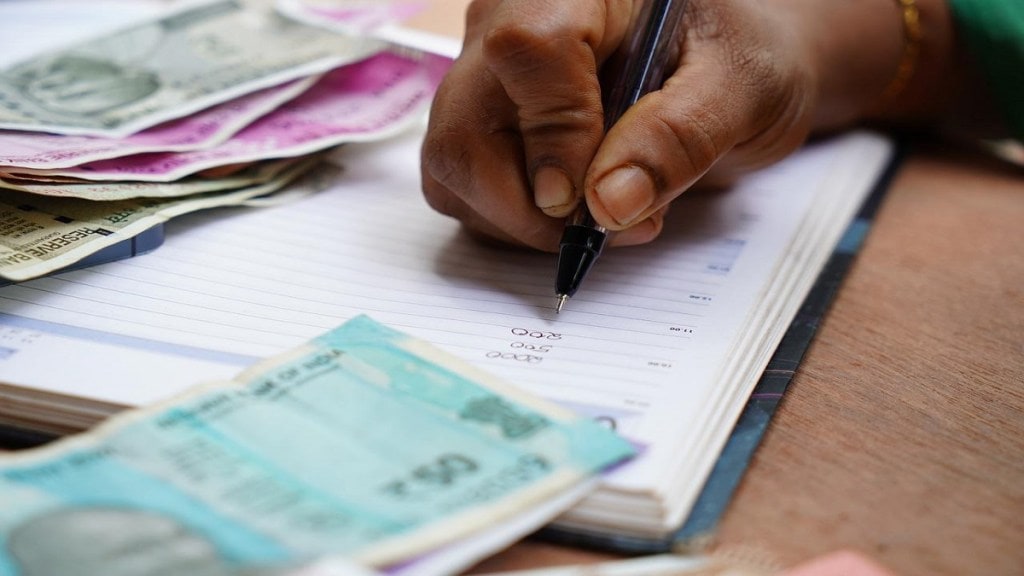Credit and finance for MSMEs: Neobanking platform Open for SMEs on Monday announced receiving the Reserve Bank of India’s (RBI) in-principle approval to operate as a payment aggregator/payment gateway. Open said it is the first neobank to secure RBI’s approval for the license. Earlier this year, Open received approval from the central bank for its new cross-border payments product after completing the test phase of the second cohort under RBI’s regulatory sandbox.
The license from RBI “will help us in enhancing our existing product capabilities and innovate new solutions to automate finances for millions of SMEs and small businesses in the country,” said Anish Achuthan, Co-founder and CEO, Open in a statement.
Founded in 2017, Open allows SMEs, startups and freelancers to manage banking, automated accounting, bookkeeping, expense management, compliance and payroll through its neobank platform. The company said it powers over 3 million SMEs and processes more than $30 billion in annualized transactions. The platform adds over 100,000 SMEs every month, Open said.
The central bank in March 2020 had released the payment aggregator framework which stated that all payment gateways are required to obtain a license to acquire merchants and offer payments service to merchants. Over 185 businesses had applied to RBI for the license out of which only a handful received the nod for a payment aggregator/ payment gateway license.
Subscribe to Financial Express SME newsletter now: Your weekly dose of news, views, and updates from the world of micro, small, and medium enterprises
Razorpay, Cashfree, Mswipe, Easebuzz, NTT Data, 1Pay, Innoviti, Infibeam etc., are other fintechs that have received RBI’s approval for payment aggregator license. India’s market for digital payments in the country recorded around 71 billion payments in FY22, according to the data company Statista. The total transaction value is expected to grow at 22.03 per cent CAGR during the 2022-27 period resulting in a projected total amount of $53.59 billion by 2027.
Importantly, the RBI Governor Shaktikanta Das in his monetary policy speech in September this year had proposed that the central bank’s regulations for online payment aggregators (PAs) will be extended to offline payment aggregators as well who handle proximity or face-to-face transactions. “This measure is expected to bring in regulatory synergy and convergence on data standards,” Das had said.


